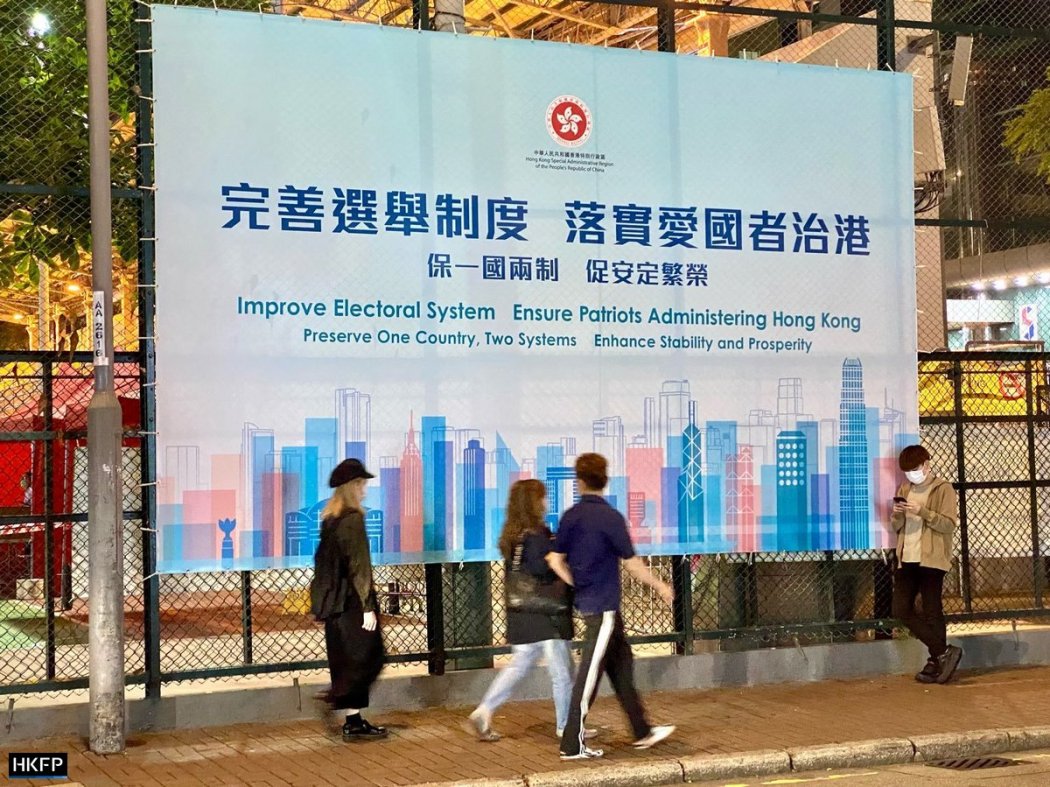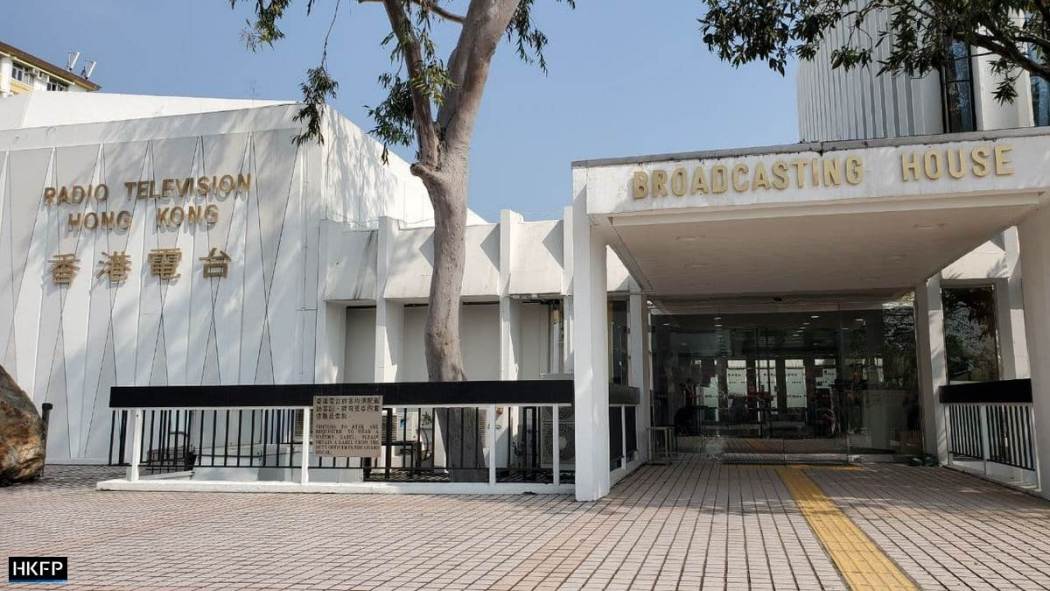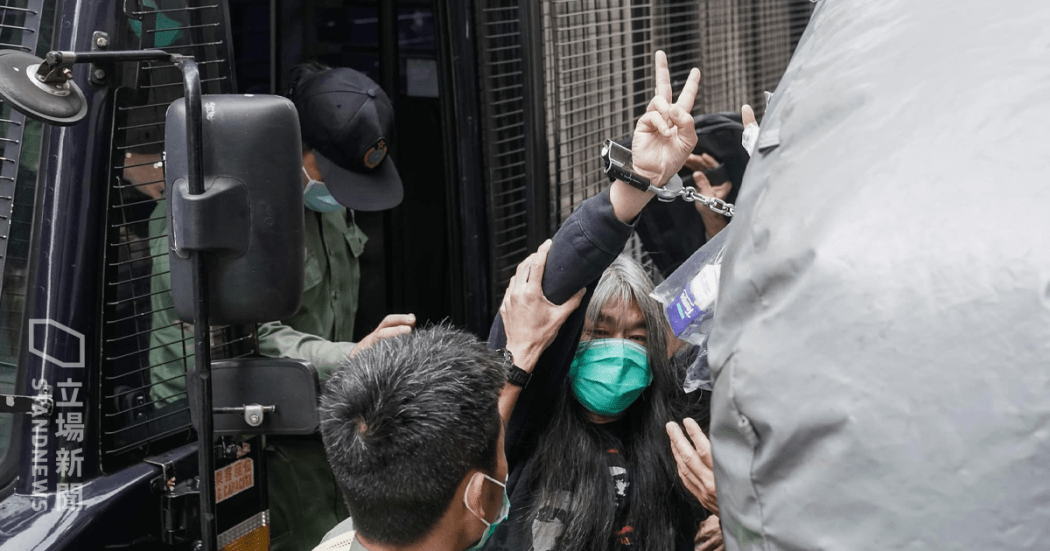Nine months after it imposed controversial national security provisions on Hong Kong, Beijing has passed another law which will have lasting implications for the city – an election overhaul aimed at ensuring only “patriots” can administer the Special Administrative Region.
Fears over increased cultural censorship have also emerged following a pledge by the city’s leader to be on “full alert” for artwork deemed a danger to national security.

Election overhaul approved
China’s top legislature has approved changes to the city’s electoral system which will expand the number of Legislative Council seats from 70 to 90 while limiting the number of directly-elected seats to 20. The changes also mean 40 of the 90 seats will be selected by an Election Committee largely made up of Beijing loyalists.
The overhaul also introduces a vetting committee for candidates to ensure only “patriots” can run. Potential candidates will be also screened by the national security bureau and must secure at least two nominations from each five sections of the Election Committee, effectively meaning only those approved by the central government can run.

Chief Executive Carrie Lam said the planned overhaul will still guarantee candidates from across the political spectrum, so long as they meet the basic requirement of “patriotism” and have not breached the national security law.
Postponed Legislative Council elections planned for September will now be held in December .
National security bureau can decide if art legal
A photo piece by dissident Chinese artist Ai Weiwei will not be shown at Hong Kong’s new flagship contemporary art museum “M+”, which is set to open later this year. The government official in charge of the cultural park says the newly set-up national security bureau will decide which artworks and installations are in breach of the new laws, adding that he welcomed vetting from the unit.
The move followed earlier comments by Chief Executive Carrie Lam that authorities will be on “full alert” for art displays that may endanger national security.

Earlier the same day, the state-owned paper Ta Kung Pao ran a front-page editorial lambasting the government-run Hong Kong Arts Development Council for granting funds totalling HK$15 million over the last three years to organisations deemed supportive of the city’s pro-democracy movement. In a statement, the council responded that it reserved the right to withdraw funding if grantees are found to have violated the security law.
The developments prompted local activist artists to sound the alarm over an imminent censorship campaign to snuff out dissident art in the city.
Meanwhile, for the first time in more than half a century, the Oscars ceremony will not be broadcast in Hong Kong this year after a protest-related documentary received a nomination.
Earlier this month, screenings of a documentary about the police siege at the Hong Kong Polytechnic University during the 2019 protests were cancelled by organisers hours before they were scheduled to run following another Ta Kung Pao editorial accusing the film of possibly violating the security law.
RTHK enforces editorial review mechanism
Meanwhile, the city’s public broadcaster, RTHK, introduced a new editorial review mechanism by which the newly-appointed Director of Broadcaster Patrick Li and senior management will screen and approve content before production. The broadcaster confirmed it has pulled three episodes from three separate current affairs TV programmes since the mechanism was enforced.
“The main reasons for these programmes to be suspended from broadcasting were that while the topics featured in the programmes concerned were contentious, the programmes were not impartial, unbiased and accurate, and therefore did not comply with the requirements stipulated in the Charter or the Guidelines,” an RTHK statement read.

However, citing sources, local media has reported that at least nine episodes from the programmes have been axed while the entire production of the RTHK Talk Show programme has been suspended since Li –a former bureaucrat with no journalistic experience — took the helm at the beginning of March.
The axed episodes included interviews with the Chinese University of Hong Kong’s student union which resigned en-masse citing pressure from university management and a discussion panel featuring pro-establishment, pro-democracy, and an academic to discuss Beijing’s electoral overhaul for the city.
‘Hong Kong 12’ activist charged with collusion with foreign forces
Also, Andy Li, one of the 12 activists caught by mainland authorities attempting to flee Hong Kong by speedboat last August, was charged with collusion with foreign powers after being returned to Hong Kong. Li’s family members sounded the alarm after authorities refused to disclose Li’s whereabouts upon his return.
Besides Li, seven others among the ten activists sentenced by a Shenzhen court last December were returned to the city to face pending charges related to the 2019 pro-democracy protests. Only one has been able to communicate with family members so far while Li was made to give statements to the police without a lawyer present.
Former opposition lawmakers denied bail
Only 11 of the 47 pro-democracy figures charged with subversion late last month over an unofficial primary election last July have been granted bail so far. The next hearing on the case is scheduled for May 31.

Former opposition lawmakers Leung Kwok-hung and Andrew Wan are among those who have been denied bail while others including Fergus Leung, Henry Wong and Gwyneth Ho have given up their right to reapply for bail. Meanwhile, high court bail application hearings for Claudia Mo and Jimmy Sham have been adjourned until mid-April.
‘Patriotism’ textbooks for schools
All Hong Kong primary, secondary and special schools will receive textbooks published by a state-owned mainland publisher called “My Home is in China” from the Education Bureau to promote patriotism among students.
The bureau also sent a circular to the city’s schools with a list of 100 books recommended to instil a sense of Chinese national identity. The supplementary textbooks come after education authorities issued guidelines for national security education to be implemented in the city’s primary and secondary school curriculum.
Foreign banker sounds alarm over shrinking freedoms
A chief executive of a Japanese financial firm with an office in Hong Kong voiced concerns over the future financial dealings in the city, telling the Financial Times that the firm was considering moving its operations out of the city. The banker was quoted as saying “without freedom, there is no financial business.”
Support HKFP | Policies & Ethics | Error/typo? | Contact Us | Newsletter | Transparency & Annual Report | Apps
Help safeguard press freedom & keep HKFP free for all readers by supporting our team
























